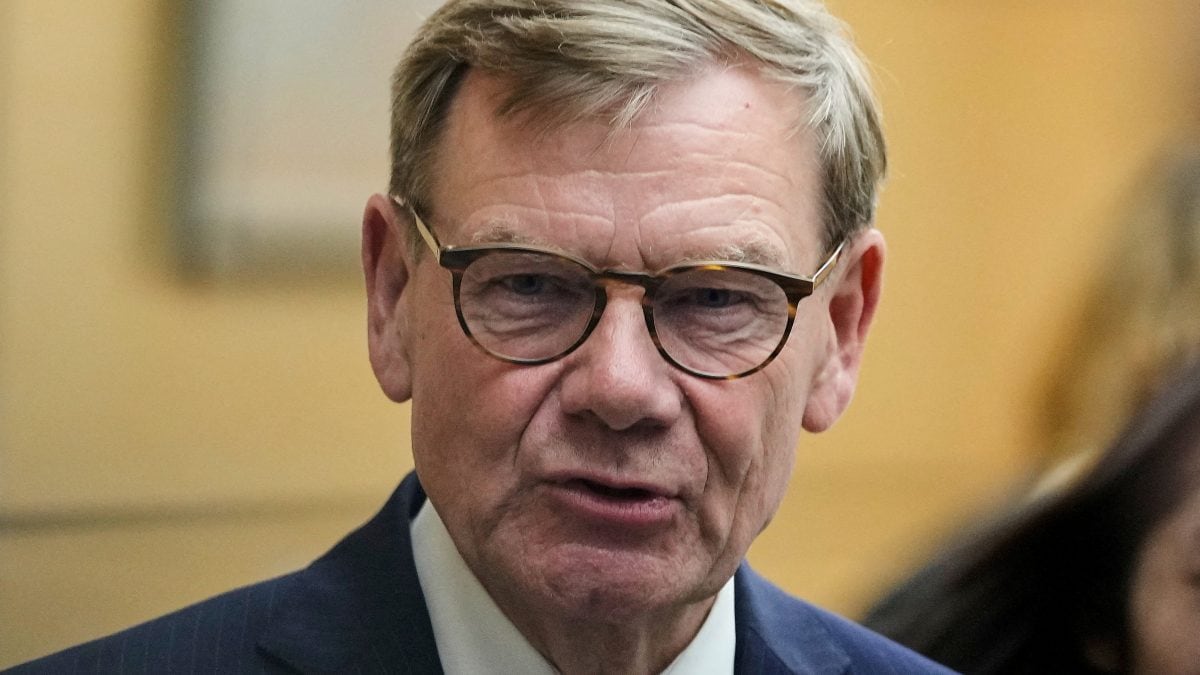

Recent geopolitical developments have highlighted the complex interplay between international relations, economic policies, and the ongoing conflict in Ukraine. Germany has emerged as a critical voice, challenging the logic behind certain trade policies and underscoring the crucial role of Chinese support in Russia's war efforts.
German Foreign Minister Johann Wadephul recently criticized China for providing substantial support to Russia, enabling its continued aggression against Ukraine. This statement comes amidst a backdrop of increasing scrutiny over nations that maintain economic ties with Russia, which some believe are indirectly funding the war. Wadephul's remarks preceded meetings between Ukrainian President Volodymyr Zelenskyy, U.S. President Donald Trump, and European leaders, all focused on addressing the conflict.
The situation is further complicated by the United States' approach to trade relations, particularly with India. The Trump administration has imposed additional tariffs on Indian goods, citing India's continued purchases of Russian oil as a point of concern. These tariffs, which have escalated to 50%, are intended to pressure India to reduce its reliance on Russian energy sources. However, this policy has been met with criticism and has raised questions about the fairness and consistency of the U.S.'s approach.
Critics argue that India is being unfairly targeted for actions that many other countries are also taking. Some reports point out that the United States and European Union continue to trade with Russia, and that some of the top purchasers of Russia's enriched uranium and plutonium include the United States, Germany and France. Moreover, India has maintained that its oil purchases are based on economic considerations and that it has not violated any sanctions.
The tariff measures have strained U.S.-India relations, leading some to suggest that India is moving closer to China. Amidst the uncertainty of Trump's policies, India and China are cautiously enhancing their relationship. There are reports that Chinese Foreign Minister Wang Yi is visiting New Delhi to discuss border disputes, and Prime Minister Narendra Modi is scheduled to meet with Chinese President Xi Jinping. This growing alignment between India and China could have significant implications for the regional balance of power and the broader geopolitical landscape.
Germany, on the other hand, is attempting to cultivate India as a source of trade and geopolitical support, especially as its relations with China have soured. Germany's Foreign Minister Annalena Baerbock has expressed intentions to discuss India's relations with China and Russia, underscoring the importance of these relationships in the context of the Russia-Ukraine war. Germany recognizes India as a key partner, particularly regarding skilled labor migration, and is working to strengthen bilateral trade relations.
The situation remains dynamic, with the potential for shifts in policy and alliances. Trump's meeting with Putin in Alaska could influence the additional tariffs on India, and a ceasefire in Ukraine might ease the pressure on countries trading with Russia. However, the underlying tensions and competing interests continue to shape the international order. The U.S. seems to be softening its stance on tariffs for countries doing business with Russia. Trump has extended the tariff deadline for China by 90 days.